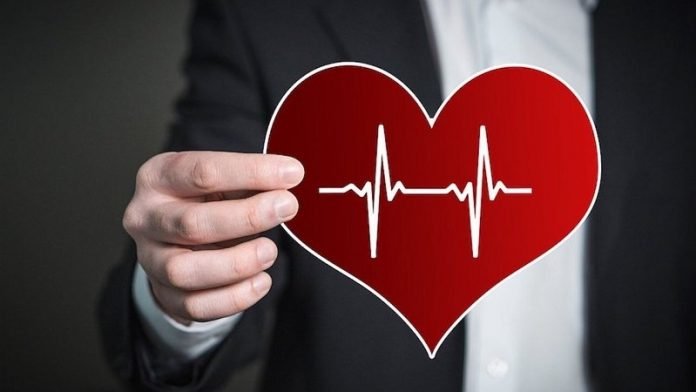
Atrial fibrillation – often called AFib – is the most common heart rhythm abnormality.
It is expected that about 12.1 million people in the U.S. will have it in 2030.
It will also affect about two percent of the global population by 2050.
Atrial fibrillation could lead to blood clots, stroke, heart failure, and other cardiovascular complications, but the treatment options are limited.
The current most common treatment is surgery to burn areas of the heart from the inside thought to be responsible for the irregularity.
However, the surgery, known as catheter ablation, is only effective in about 50 percent of patients.
This Health & Medicine Lab video talks about a medical way to protect heart rhythm.
If you care about heart health, please read studies about a better treatment of irregular heartbeat, and how much should you worry about that ‘extra’ heartbeat?
For more information about heart disease, please see recent studies about hormone that may reduce inflammation, irregular heartbeat, and results showing a simple way to reduce irregular heartbeat problems.
Disclaimer: Any information on diseases and treatments available in this video is intended for general guidance only and must never be considered a substitute for the advice provided by your doctor or other qualified healthcare professional.
Always seek the advice of your physician or other qualified health care professional with questions you may have regarding your medical condition.



